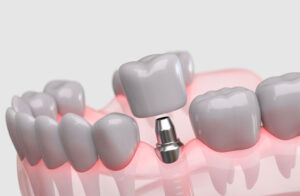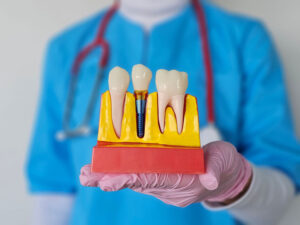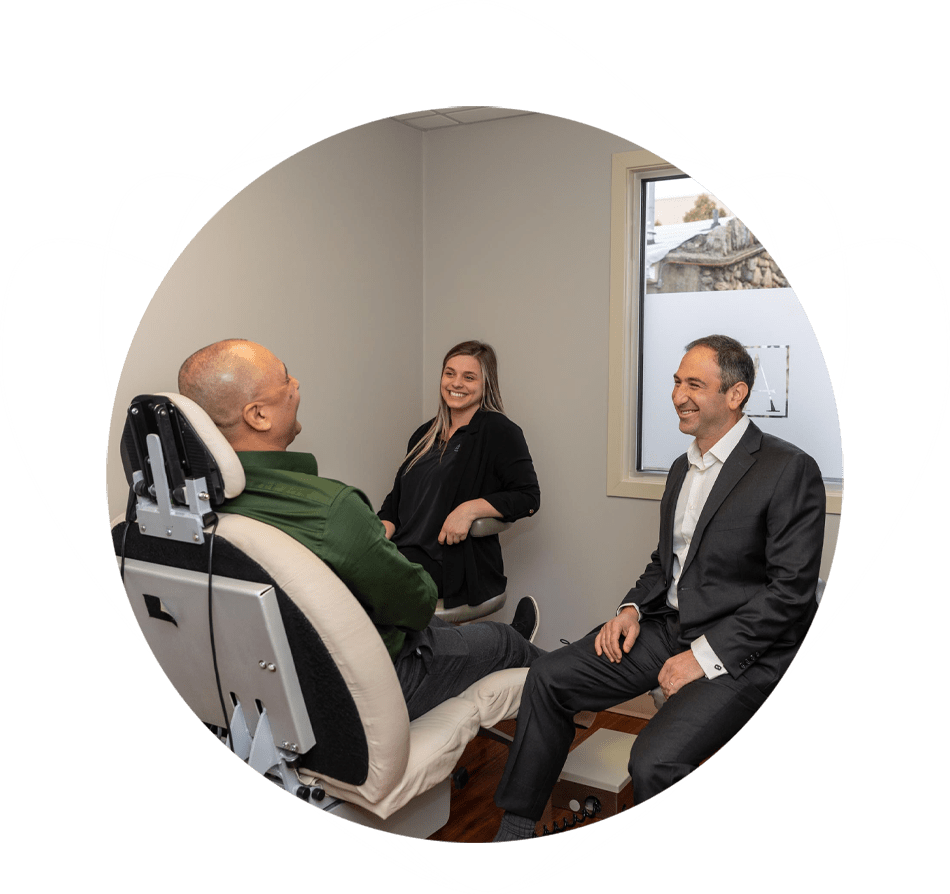Headaches can happen fast. Perhaps you’re driving home from work ready for dinner or you’ve just woken up. They don’t care about what you have to do that day, and, if they’re bad enough, they can totally wreck your productivity. If the past few months have made you a slave to your headaches, then enough is enough.
Try these three helpful tricks to best those headaches and take back your day!
Hot, Cold, or Both?
Depending on the type of headache, using ice or heat can be incredibly effective at relieving pain. If you feel you might have a migraine, press a cold pack or a bag of frozen vegetables to your forehead for about fifteen minutes. Wait another five. If there is still pain, then apply again.
For tension headaches, the most common form of headaches for TMJ sufferers, try using a heating pad positioned on your neck. A warm rag placed over your face and eyes may also help.
Take Out Your Hair Tie
If your ponytail, or man bun for the hipsters out there, is tied too tight for too long, it can cause headaches similar to tension headaches. When these symptoms begin, simply letting your hair free can relieve enough pressure to stop the pain. The same can go for bandannas, hats, swimming goggles, or headphones. All of these can restrict blood flow enough to cause a headache.
Get Checked for TMJ
The temporomandibular joint functions as a hinge that connects your jaw to the rest of your head. Because this joint is so interconnected with the skull, neck, and shoulders, when it malfunctions, known as TMD or TMJ, it can cause a wide range of symptoms including frequent headaches.
Even though the relationship between TMJ and headaches is difficult to determine, it’s commonly theorized that pain or stimulation felt in the jaw can travel to different parts of the head. The temporomandibular joint is connected to groups of muscle in the face, neck, and shoulders. Tension felt in these muscles can localize in the forehead and produce a sensation similar to a rubber band squeezing your temples.
Are Your Headaches Caused by TMJ?
One of the most common TMJ symptoms is a popping or clicking noise while eating, muscle soreness located in the jaw, or decreased jaw mobility. If you’ve recently experienced any of these symptoms, you should seek diagnosis as soon as possible. TMJ is a progressive disorder that can damage your jaw if left untreated.
TMJ treatment provided by a neuromuscular dentist could significantly lower the frequency of your headaches by reducing the tension in your jaw. Dental professionals can provide custom fitted mouthwear and other drug-free treatment to help your jaw relax during sleep, and begin the healing process.
If you would like to learn whether TMJ is responsible for your symptoms, please call (914) 526-2144 or email us to schedule a consultation with a Mohegan Lake TMJ dentist at Advanced Dentistry of Mohegan Lake.
